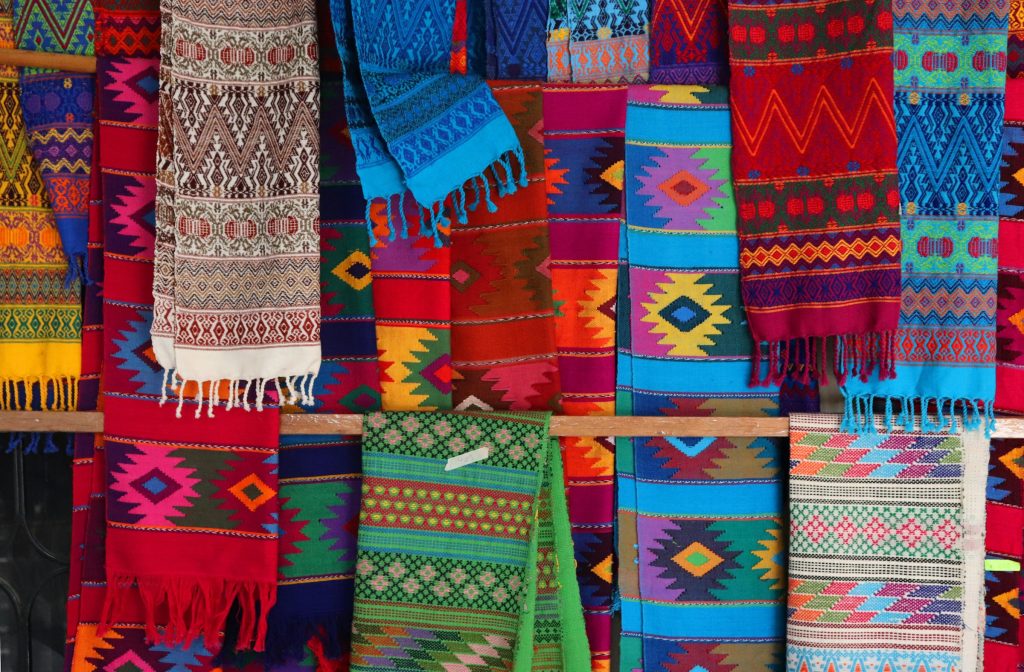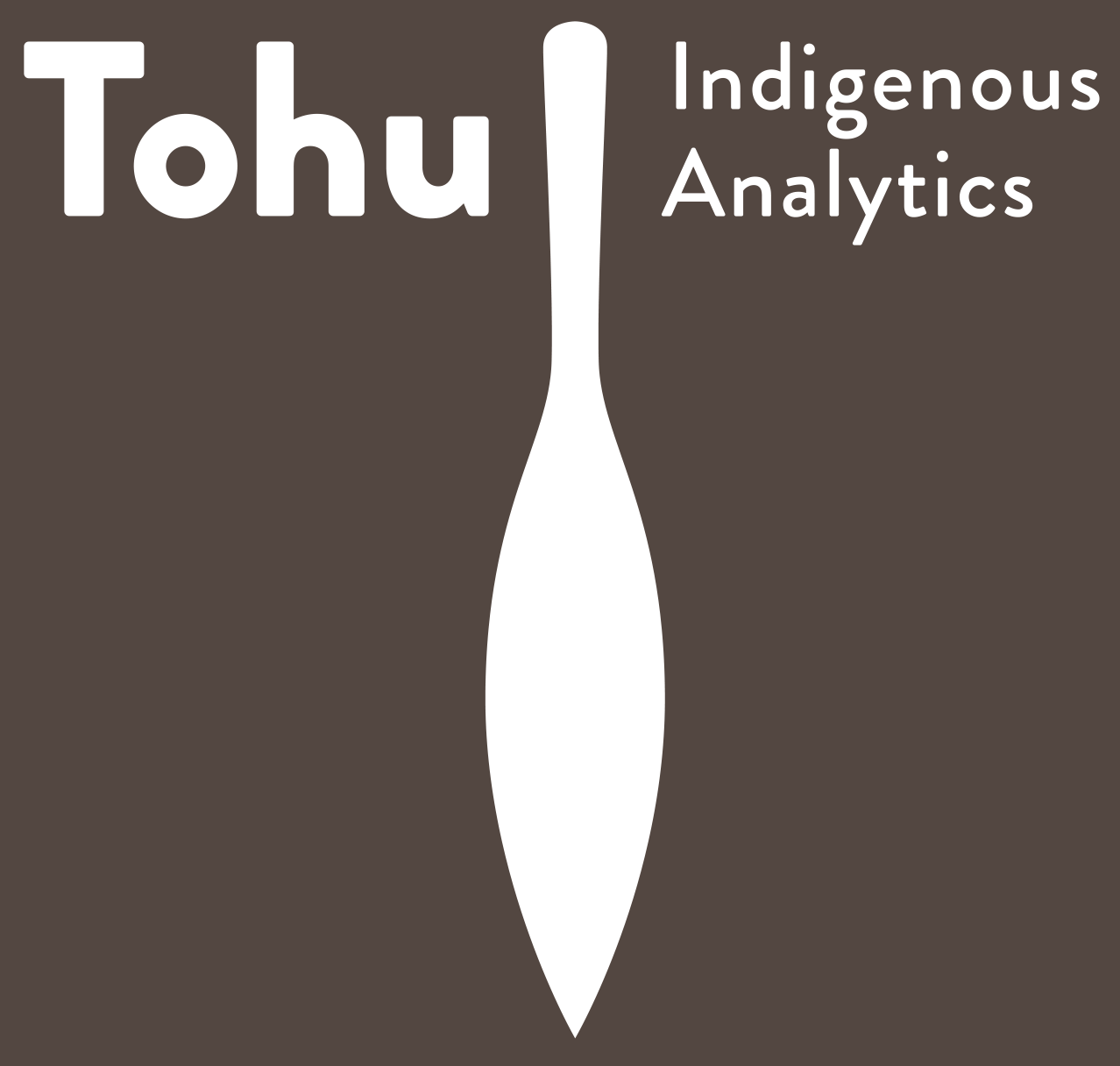As the IPCC gears up for the AR 7 cycle, the question of representation and meaningful inclusion of Indigenous voices is being seriously considered. In the past cycle (AR6) a variety of concerns were institutionally addressed regarding Indigenous knowledge inclusion. However, the impacts of such action have failed to materialize into the vital changes advocated by Indigenous scholars and activists. To support such advocacy the IPCC Working Group 1 organised two webinars, exploring possible strategic points of intervention (April 7th and 8th, 2025). Tohu members were asked to be part of this collective event, along with representatives from certain Indigenous organisations across Canada – AFN, The Inuit Circumpolar Conference and the University of British Columbia’s Critical Indigenous Studies program.
The webinar, titled “How to Get Involved in IPCC Assessments”, outlined clear and practical ways that scientists, experts, policymakers, and other stakeholders could contribute to the Intergovernmental Panel on Climate Change (IPCC) process. It kicked off with an overview of the IPCC’s structure—emphasizing its role as an objective evaluator of climate science and a provider of policy-relevant, but not policy-prescriptive, information.
The presenters walk viewers through the three main avenues of participation: as Lead Authors, Contributing Authors, or Reviewers.
- Lead Author roles are the most intensive, involving responsibilities like managing sections of reports, coordinating inputs, and liaising with co-authors.
- Contributing Authors support by providing specific data or expertise within narrowly defined areas.
- Reviewers, who form the largest group, critically evaluate drafts at multiple stages, helping ensure the accuracy and clarity of the final report.
The presenters then identified some key shortcomings with the current institutional set up:
- Enduring power imbalance between Mainstream (Euro-Western) Science and Indigenous (IK) and Local Knowledge (LK)
- IK & LK inclusion is geographically biased towards elite institutions in the Global North/Minority world
- IK & LK inclusion is scholarly biased towards certain disciplines and publication outlets
- Lack of funding in IK & LK as stand-alone research projects (i.e. not playing a complementary and/or supplementary role to Mainstream Science)
- Chapter Scale Interventions: 40% of all IK and LK citations are in just 4 Chapters of AR 6
- Chapter Scale Interventions: 40% of all IK and LK citations are in just 4 Chapters of AR 6
- Quality over Quantity: Strategic reclaiming of definitions, descriptions and causal pathways leading to current climate-society relationships
- Engaging in WG 1: Advocating for Biophysical IK and LK
By the end, we hope participants came away with a solid understanding of how the pathway from expressing interest to full involvement works, including best practices for applying, coordinating with institutions, and preparing for the review process. Whether you’re an academic, policy advisor, or climate practitioner, this webinar presented some possible avenues for meaningful engagement in shaping global climate assessments.




